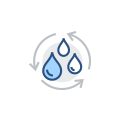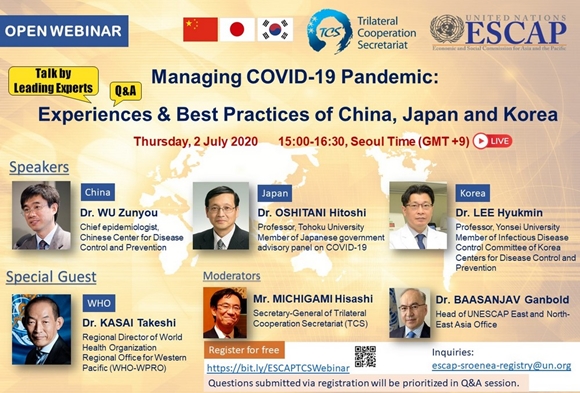
Documents
- Joint Statement of the 17th Tripartite Health Ministers Meeting (THMM)
- Memorandum of Cooperation Among The National Health Commission of the People's Republic of China, The Ministry of Health, Labour and Welfare of Japan And The Ministry of Health and Welfare of the Republic of Korea on Health Cooperation
- Joint Statement of the 16th Tripartite Health Ministers Meeting (THMM)
- Joint Statement of the 15th Tripartite Health Ministers Meeting (THMM)
- Joint Action Plan among the Ministry of Health, Labour and Welfare of Japan, the Ministry of Health and Welfare of the Republic of Korea and the National Health Commission of the People’s Republic of China on Preparedness and Response against Infectious D
- Joint Statement of the 14th Tripartite Health Ministers Meeting (THMM)
- Joint Statement of the Thirteenth Tripartite Health Ministers' Meeting (Video Conference)
- Joint Statement of the Special Video Conference of Tripartite Health Ministers' Meeting (THMM) on COVID-19 Response
-

Summit
-

Agriculture and Fishery
-

Audit
-

Consumer
-

Culture
-

Customs
-

Disaster Management
-

Economy and Trade
-

Education & Youth
-

Environment
-

Finance
-

Foreign Affairs
-

Forestry
-

Health
-

ICT
-

Intellectual Property Rights
-

Local Government Exchange
-

Nuclear Safety
-

Personnel
-

Regional Policy
-

Science and Technology
-

Security
-

Sports
-

Standards
-

Tourism
-

Transport and Logistics
-

Water Resources
-

Think Tanks


